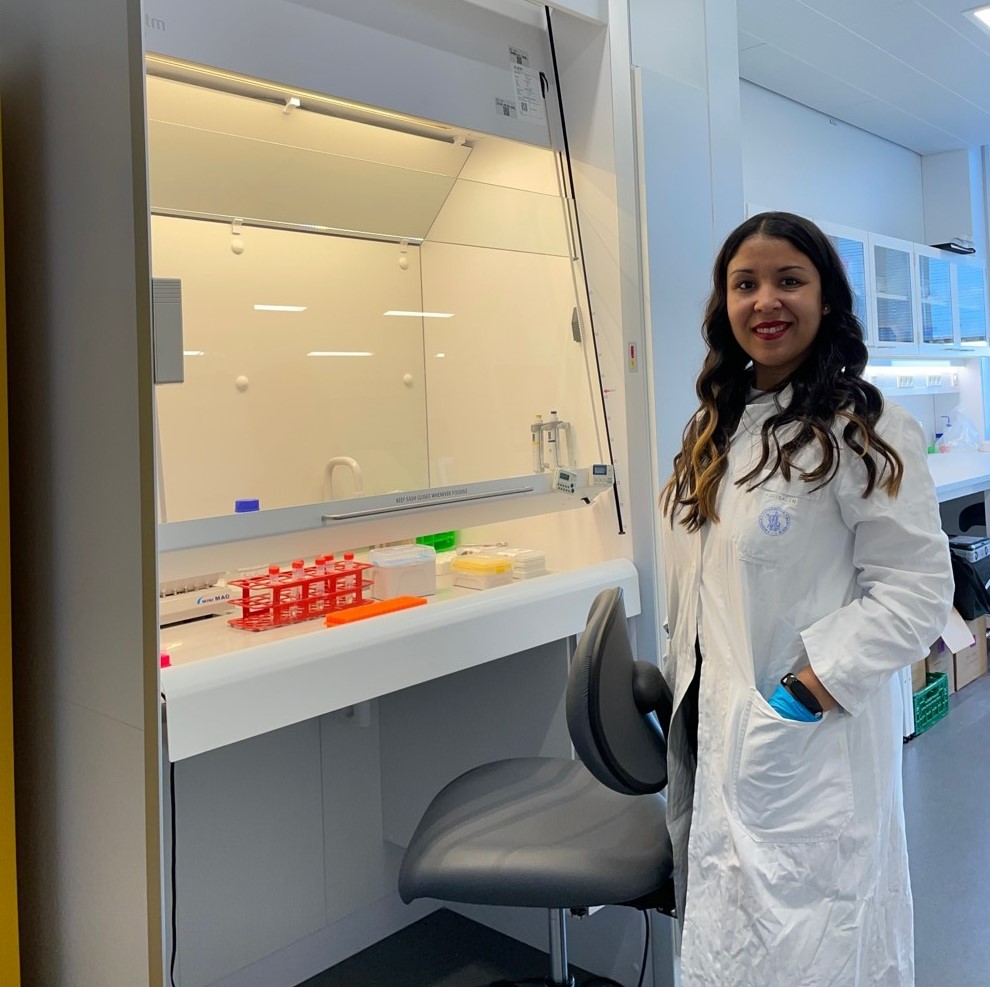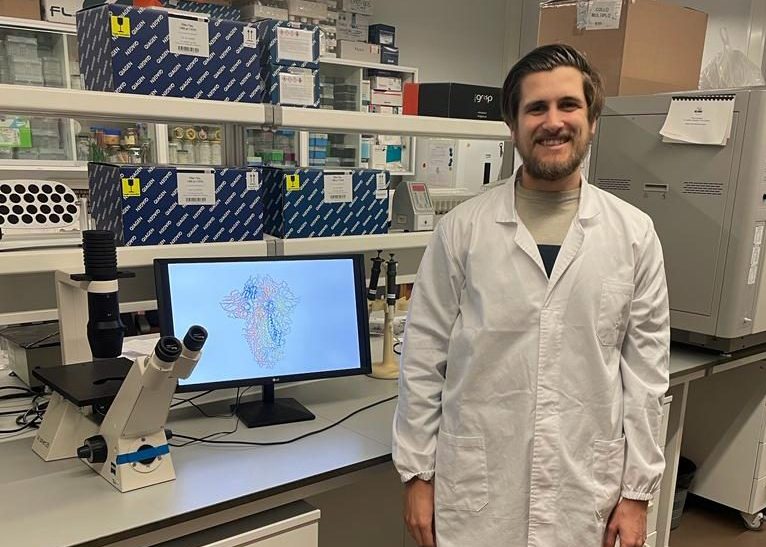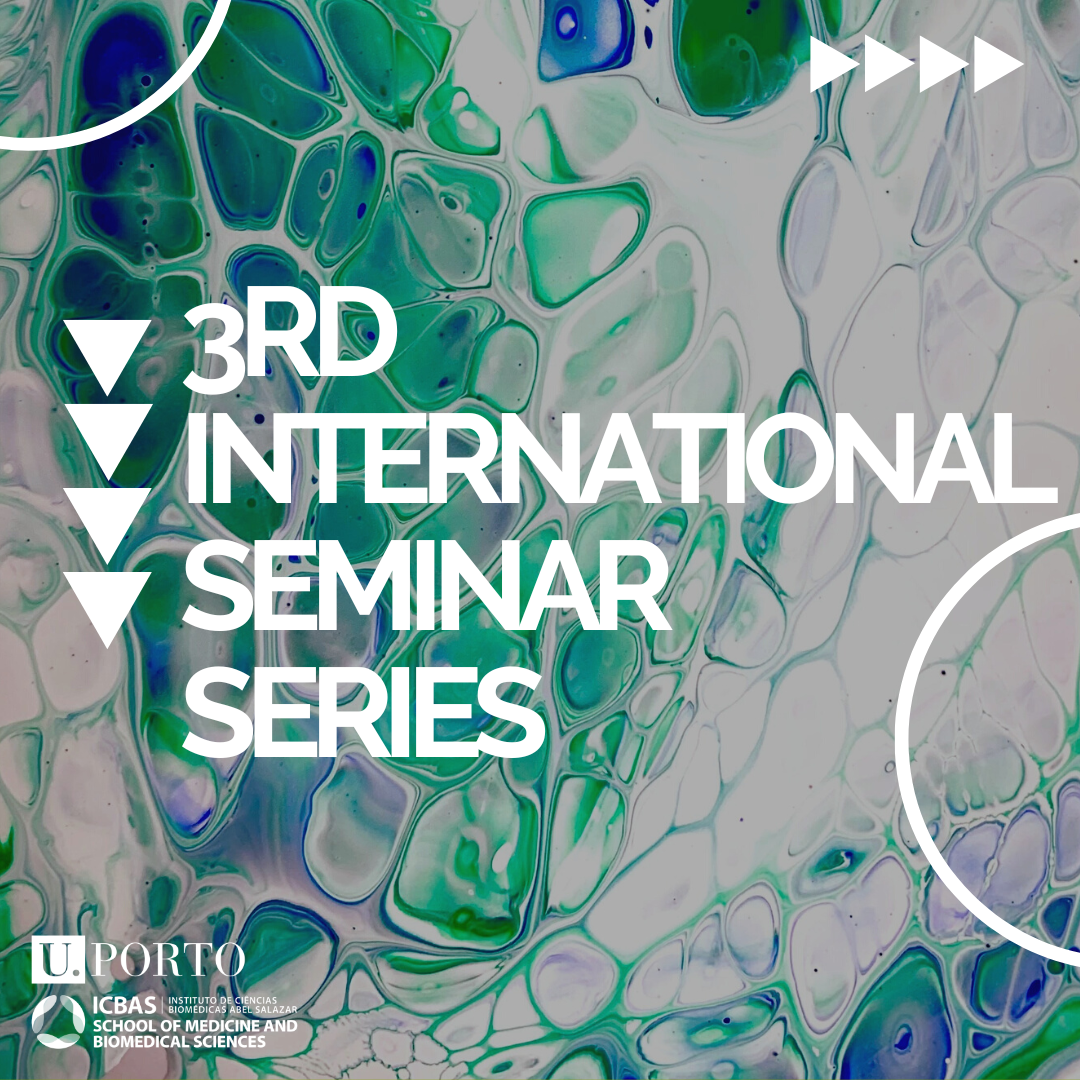From 7th of March to 7th of April of 2023, life sciences PhD students can apply for the Advanced Course “Climate changes and pollution: challenges for the immune system, RNA metabolism and stress responses”.
The international advanced course “Global climate changes and pollution: challenges to the immune system, RNA metabolism and stress responses” is included in the Blended Intensive Programme (BIP) of the ERASMUS + programme. It is offered by the School of Medicine and Biomedical Sciences (ICBAS) of the University of Porto (Portugal), in collaboration with the Lund University (Sweden), the University of Vigo (Spain), the Interdisciplinary Centre of Marine and Environmental Research (CIIMAR) and theInstitute for Research and Innovation in Health (i3S).
The course offers the possibility of advanced training to Ph.D. students on the effects of global climate changes, pollution and health as addressed under the ‘One Health’ concept. Global changes and pollution have been causing important environmental alterations, increasing the threats to ’One Health’, including disease outbreaks and pandemics. The students will get advanced knowledge on the combined effects (e.g. neurotoxicity, immunotoxicity, genetic changes, etc) of alterations caused by global climate changes and emergent environmental contaminants of high concern (e.g. microplastics and nanoplastics, other nanomaterials, pharmaceuticals,…). They will also get cutting-edge training on widely used methodologies and new technologies to investigate and monitor environmental and health effects, as well as on solutions, such as new vaccines. RNA vaccines present a new and promising alternative to conventional vaccine approaches due to their simplicity. Recent advances have enabled the development of multiple mRNA vaccine platforms that promise to revolutionize future vaccines for multiple serious illnesses. Students will also develop the ability to work in a multidisciplinary team, their autonomy, and communication skills, in a multicultural atmosphere.
For any questions or to send applications please contact posgrad@icbas.up.pt.


